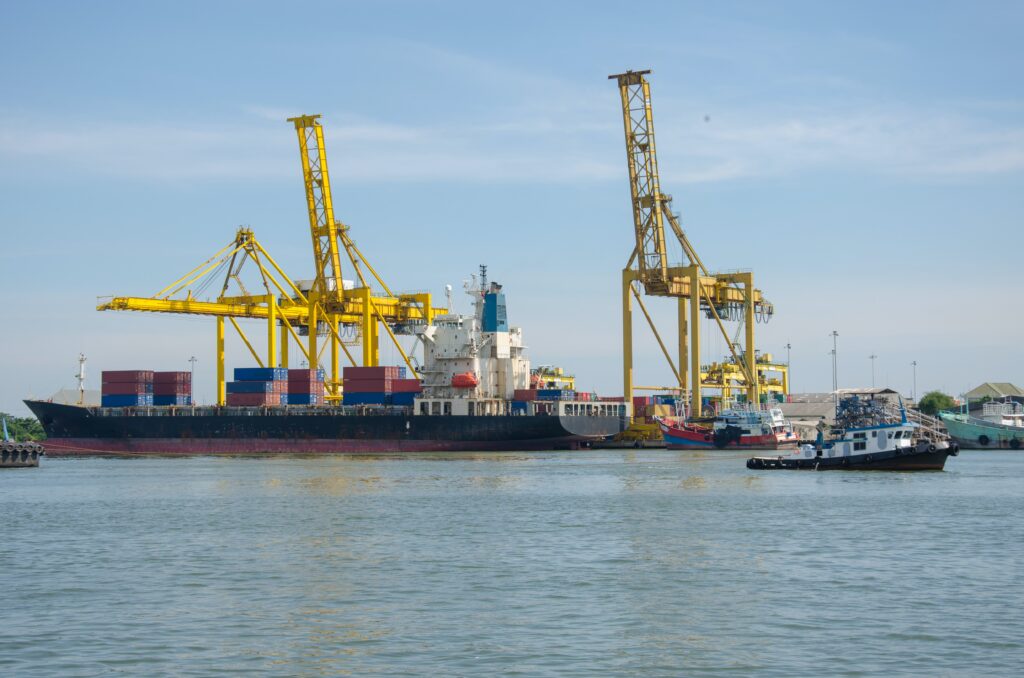Expert Clearance & Logistics for UK, Japan & Global Trade

ICLS
Your Full-Service Import & Export Specialists
Confused by international customs? We simplify complex regulations and risks.
Our customized consulting tackles your specific needs, streamlining your supply chain.
- 00353 (0) 94 901 4077
- info@customsicls.com
- IRD Enterprise Centre, Kilitmagh, Co Mayo
Get In Touch
Testimonials
We specialise in Import and Export Customs Declarations, cost-effective logistics management, and shipments we operate throughout Ireland and the UK
Services Independent Customs and Logistics Services
Our expertise allows us to navigate complex regulations and procedures, ensuring that your goods are delivered on time and in compliance with all applicable laws. Whether you need assistance with importing or exporting goods, our team of experienced professionals is equipped to handle all aspects of the process, from initial stages to final delivery.

DECLARATIONS
We provide assistance to businesses that transport goods into and out of Ireland

Supply Chain
In a highly competitive and dynamic economic climate, we are capable of exceeding expectations.

AIR
With workable delivery times & available services, we provide dependable & stress-free air freight options.

SEA
International shipping services for out-of-gauge loads, FCL, and LCL. flexible shipping options.

ROAD LOGISTICS
Vast distribution service for import and export road freight, throughout Ireland, the UK, and Europe
Since the UK’s departure from the European Union, new customs rules apply when bringing cars and commercial vehicles from the UK to Ireland. To help you navigate this smoothly, here’s a breakdown of the key things to know:
- Mandatory Customs Procedures: Following Brexit, importing vehicles from the UK to Ireland now requires completing customs procedures. This applies to both cars and commercial vehicles.
- Northern Ireland vs. Great Britain: There’s a key distinction between Northern Ireland (NI) and Great Britain (GB). NI remains part of the EU for customs purposes, so you generally won’t need customs declarations when moving vehicles between NI and Ireland. However, moving vehicles from Great Britain (England, Scotland, Wales) to Ireland does require customs procedures.
- Declarations & Duties: When importing from Great Britain, you’ll need to complete a declaration and potentially pay customs duty. The duty amount depends on the vehicle’s origin and type (new vs. used).
- VAT (Value Added Tax): On top of any customs duty, you’ll also need to pay VAT (usually 23%) on the value of the vehicle when importing from the UK.
By understanding these post-Brexit changes, you can ensure a more streamlined process when bringing your car or commercial vehicle from the UK to Ireland. For more detailed information and specific requirements, it’s recommended to consult the official resources of the Irish Revenue Commissioners: https://www.revenue.ie/en/vrt/index.aspx
Importing Your Car or Commercial Vehicle from the UK/NI to Ireland: Required Documents
Here’s a breakdown of the essential documents you’ll need to import your car or commercial vehicle from the UK or Northern Ireland to Ireland, following post-Brexit regulations:
For All Vehicles:
Vehicle Invoice: This document should clearly outline the details of the seller, buyer, and the vehicle itself. Key information includes:
- Seller and Buyer Information (names, addresses)
- Vehicle Description (make, model, year)
- Chassis/VIN Number
- Vehicle Registration Number
- Purchase Value of the Vehicle
V5 Log Book (UK-registered vehicles): Submit all pages of the V5 Log Book, which serves as the vehicle’s registration document in the UK.
Proof of Payment: Provide a screenshot of your bank statement clearly highlighting the amount paid for the vehicle.
EORI or PPS Number: You’ll need either an Economic Operators Registration and Identification (EORI) number or a Personal Public Service Number (PPSN). EORI numbers are used for customs declarations, while PPSNs are used for tax purposes in Ireland. You can find information on obtaining these numbers through the Revenue Commissioners website: https://www.revenue.ie/.
Additional Notes:
- Northern Ireland vs. Great Britain: Remember, customs procedures only apply to vehicles imported from Great Britain (England, Scotland, Wales). Movement between Northern Ireland and Ireland generally doesn’t require declarations.
- Declarations & Duties: Importing from Great Britain may involve a customs declaration and potential payment of duty based on the vehicle’s origin, type (new vs. used), and value.
- VAT (Value Added Tax): Expect to pay VAT (typically 23%) on the vehicle’s value when importing from the UK.
By gathering these documents and understanding the post-Brexit changes, you can ensure a smoother import process for your vehicle. Don’t hesitate to reach out if you have any questions or require further assistance!
Speak to an Expert
With our unrivaled expertise, extensive resources, and unwavering commitment to customer satisfaction, we confidently assert that we are the premier choice for all your logistics needs. Our track record of success, combined with our relentless pursuit of perfection, sets us apart as the best in the business. When you partner with ICLS, you can trust that you are collaborating with a team that consistently delivers unparalleled service and exceptional results.






